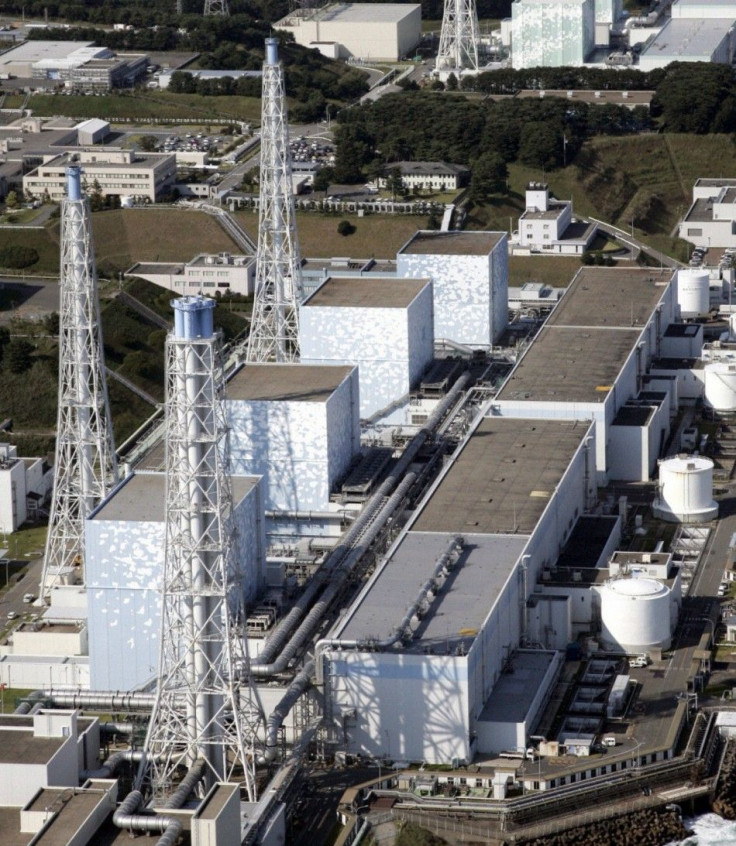BBC says 'radiation' email attributed to it is fake

BBC said on Tuesday an email message about the radiation risk in Japan which sent shock waves through much of Asia in the last couple of days is fake, and wrongly attributed to it.
The false text message had said that radiation from the Fukushima nuclear plant has leaked beyond Japan, and it also detailed some precautionary measures that people could take.
The message landed in the email inboxes of people in various countries in Asia, carrying the label ‘BBC News Flash’. It particularly sowed panic in the Philippines, where the government had to issue a statement denying there was any immediate threat to the people in the country.
Normal life had been disrupted in the Philippines as people refrained from work sites and children skipped schools.
BBC said such fake messages are common during crises like the current one, and that it could be unleashed by spammers eying to defraud people.
The following is the original text of the fake message going under the headline 'BBC Flash news': “Japan Government confirms radiation leak at Fukushima nuclear plants. Asian countries should take necessary precautions. If rain comes, remain indoors first 24 hours. Close doors and windows. Swab neck skin with betadine where thyroid area is, radiation hits thyroid first. Take extra precautions. Radiation may hit Philippine at around 4 pm today. If it rains today or in the next few days in Hong Kong. Do not go under the rain. If you get caught out, use an umbrella or raincoat, even if it is only a drizzle. Radioactive particles, which may cause burns, alopecia or even cancer, may be in the rain.”
© Copyright IBTimes 2024. All rights reserved.











